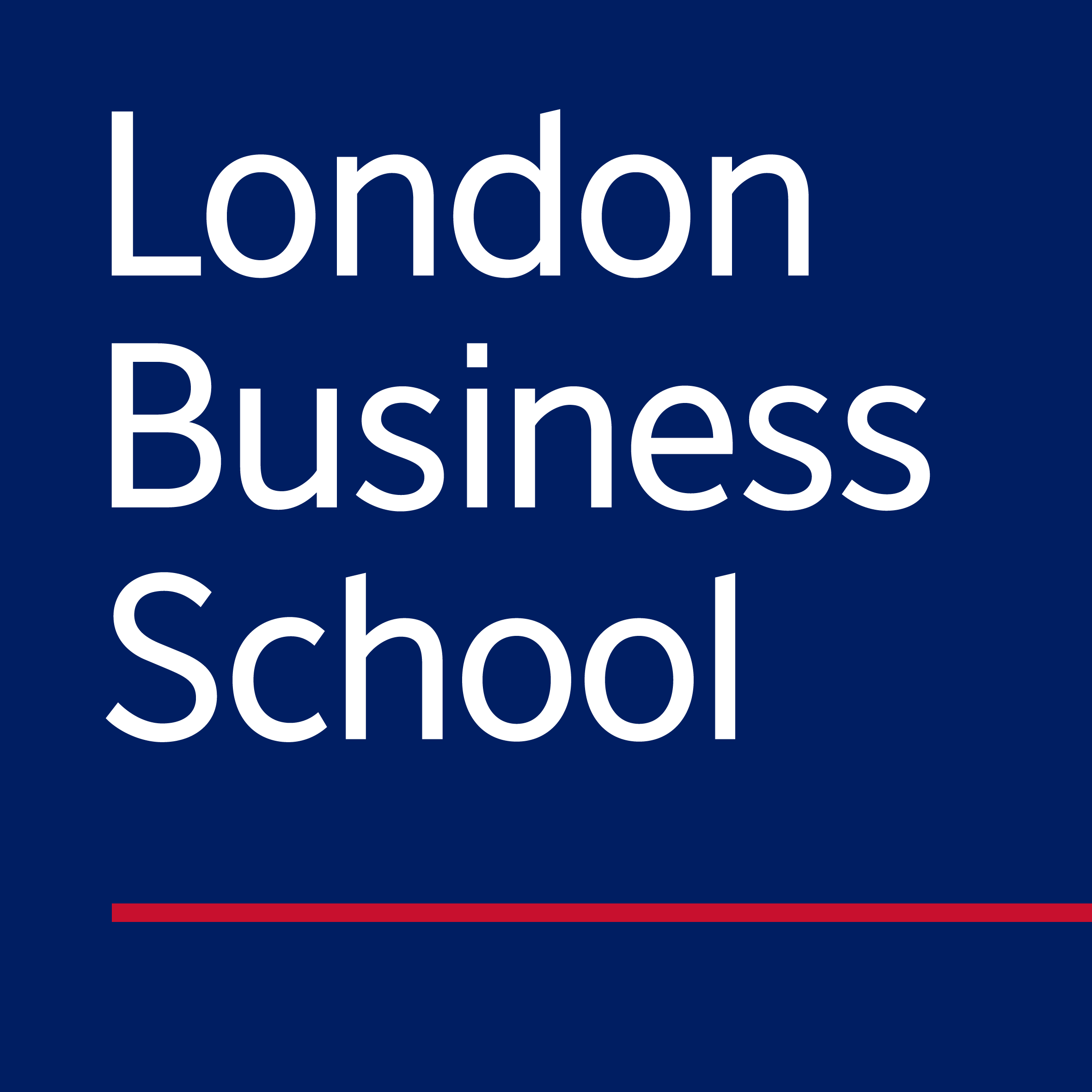Sberbank Online Modules
How can blended learning help break down geographic and deliver world-class teaching to far-away clients?
The Aim
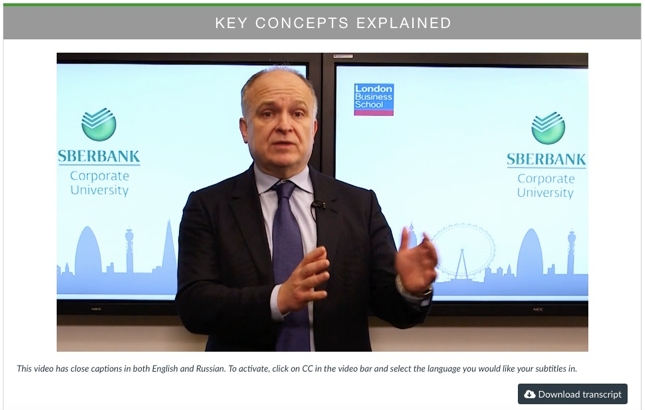
We set out to find the best solutions and strike the right balance with Sberbank, one of Exec Ed’s most long-standing clients - and one of its biggest accounts. In an effort to enhance the participants' experience, we produced a series of four online modules in Finance and Economics to complement the existing face-to-face modules.
The goal was to provide a foundation for core knowledge in key topics ahead of the classroom experience, enabling participants to begin their in-person coursework on more equal footing. Online modules are a sensible choice for foundational learning and provide a common ground for diverse groups of participants. They also serve as a conduit to discussion and collaboration, encouraging people to interact and engage in a less intimidating environment.
The Approach
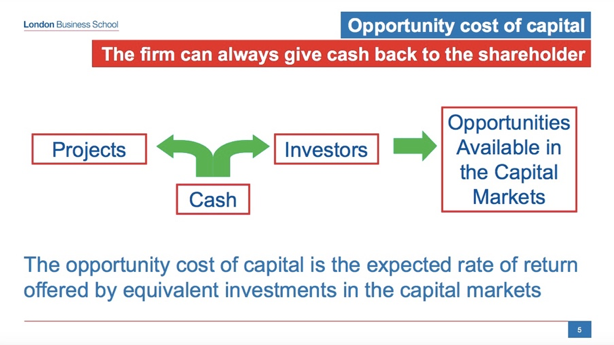
These are the first online modules we’ve developed in more than one language (English and Russian). All online videos have close captions in both English and Russian. To activate, the user simply clicks on CC in the video bar and selects the preferred language for subtitles. Under each video segment they’ll also find a “Download Transcript” option.
To help participants build strong knowledge organisations, we designed the course structure to be as simple and clear as possible. To show the “big picture” upfront, we explicitly share the knowledge organisation of the course and sessions on the home page. By clicking on each module, you can quickly see the further breakdown of topics.
Clear and meaningful headings are written for readability. Participants know exactly where to go and in what sequence, and navigation buttons lead to “help” sections in case they lose their way.
We also relied heavily on visual tools, incorporating tables, figures and graphs to supplement written content wherever possible.
Video plays a prominent role in all four modules. The talking head format is used throughout the course - but each video has a different backdrop to differentiate content. We also made good use of existing resources by re-using videos from other digital learning experiments. For example, case studies from the Pre-Programme Accounting course are used in Sberbank’s Accounting module as well.
The Outcome
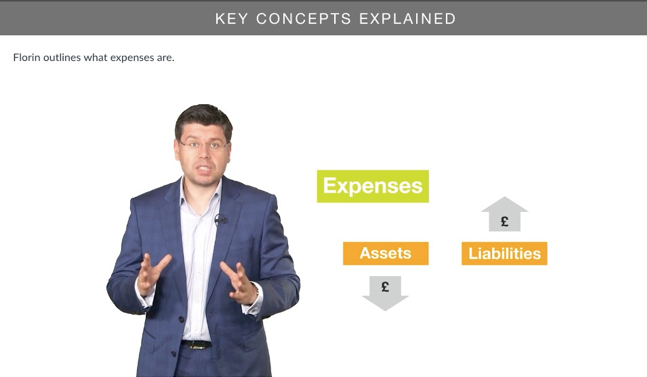
The digital enhancements to this program have been well received. Participants experience deeper engagement and better retention of content. Interactive features give required topics new life, and regular assessments keep learning on a fast track. Along with foundational skills, participants also learn the dynamics of new business models and how these might be created and evolved within the Bank. Refreshed digital content keeps learning authentic and relevant.
Sample Module:
Module 1: Macroeconomics
- Introduction & Pre-Assessment
- Interest Rates (Section Time: 30 minutes)
- The Yield Curve (Section Time: 2 hours)
- Macro Fundamentals (Section Time: 1 hour 40 minutes)
- End of Course Assessment (Section Time: 50 minutes)
Sample Section:
Interest Rates (Section Time: 30 minutes)
- Learning Objectives
- Key Concepts Explained (Video)
- Putting Into Practice (Question & Answer #1)
- Check Your Understanding (Quiz)
- Putting Into Practice (Question & Answer #2)
- Points to Remember (Written Notes to Save/Print)
Each module contains “interactions” - engaging exercises designed to teach concepts and reinforce learning. To mix things up, interactions come with different instructions and ways to answer (e.g., drag and drop, free text answers, numerical answers, select one or more).
We’ve also included Points to Remember interactions that prompt participants to write their key thoughts and takeaways from each section to refer to later on. It encourages students to stop and reflect when the knowledge and discussion are still fresh in their minds. They can print or save these by simply pressing a button.
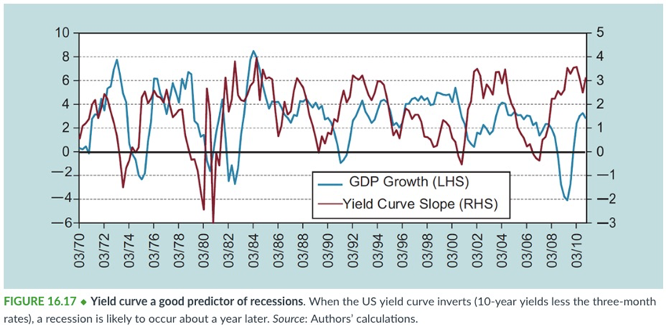
The Impact
The comprehensive curriculum provides senior executives with the leadership, finance and management skills necessary to lead at the highest levels. They are equipped with tools to understand the trends, challenges and opportunities of the new economy.
Participants in this blended learning experiment:
- build pre-requisite foundational skills - as well as a close network of peers across the organisation
- become more comfortable with sharing thoughts and ideas in a dual-language program and are more likely to engage in group discussions in person
- gain knowledge and inspiration from world-class faculty on relevant leadership, finance and operational topics
- take ownership of their learning, self-check their knowledge and can identify gaps in knowledge, and skills prior to arriving on campus
Photo by Glenn Carstens-Peters on Unsplash
